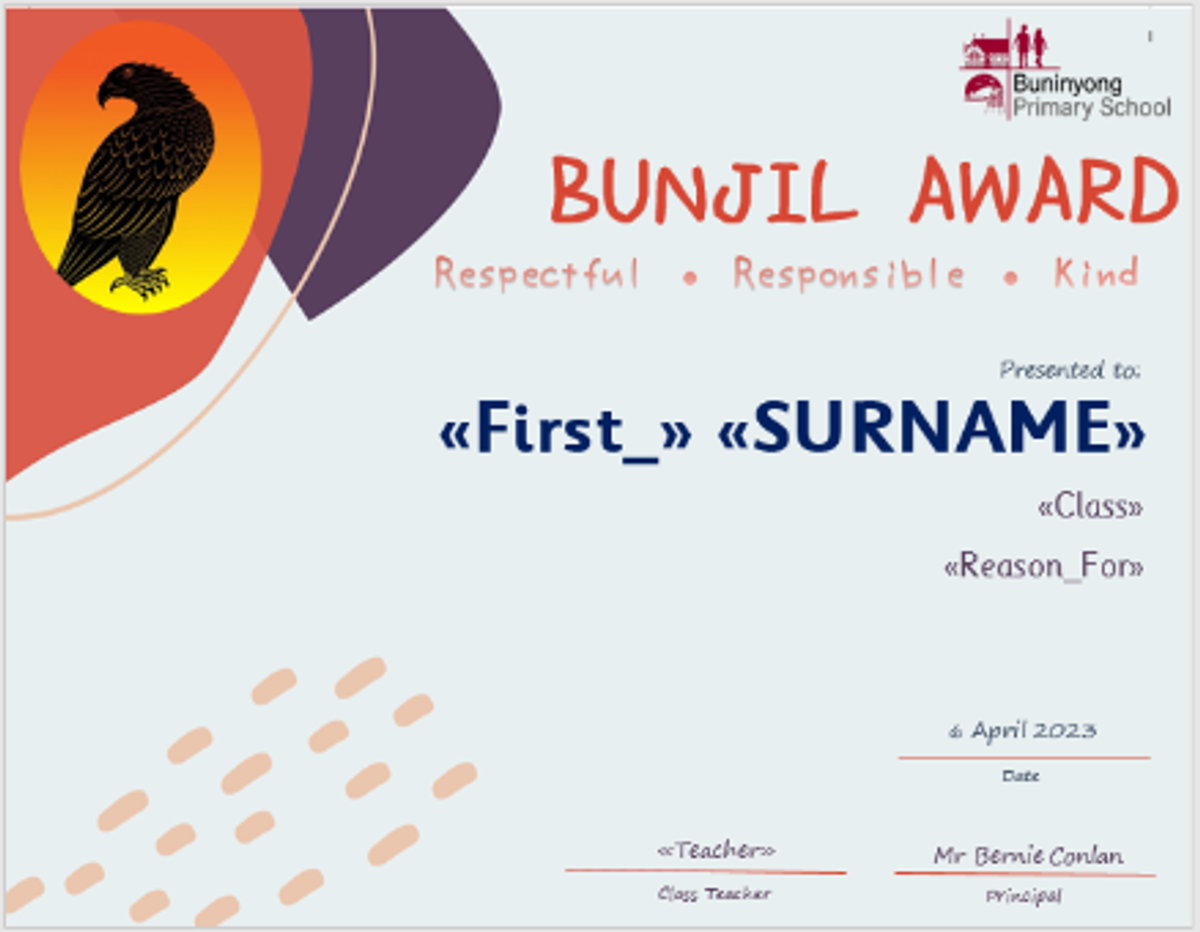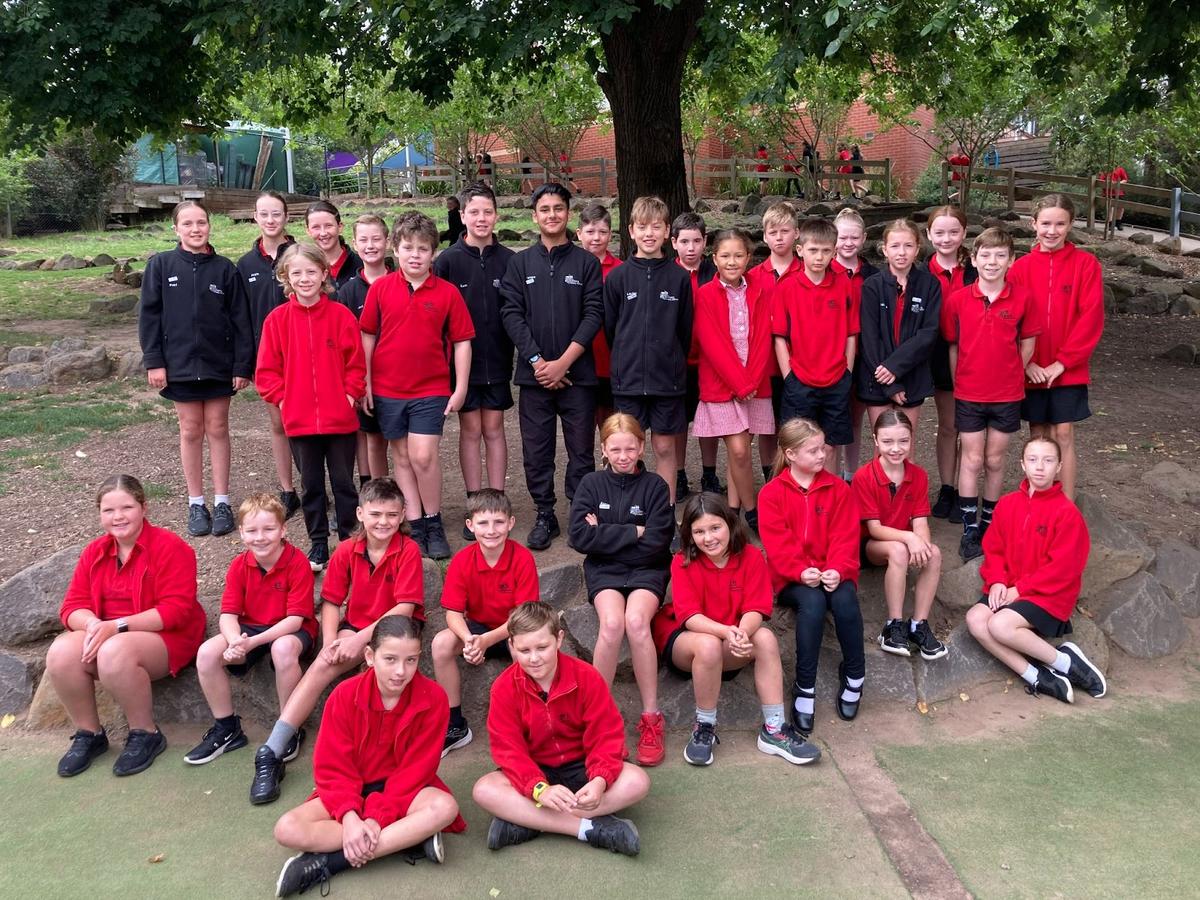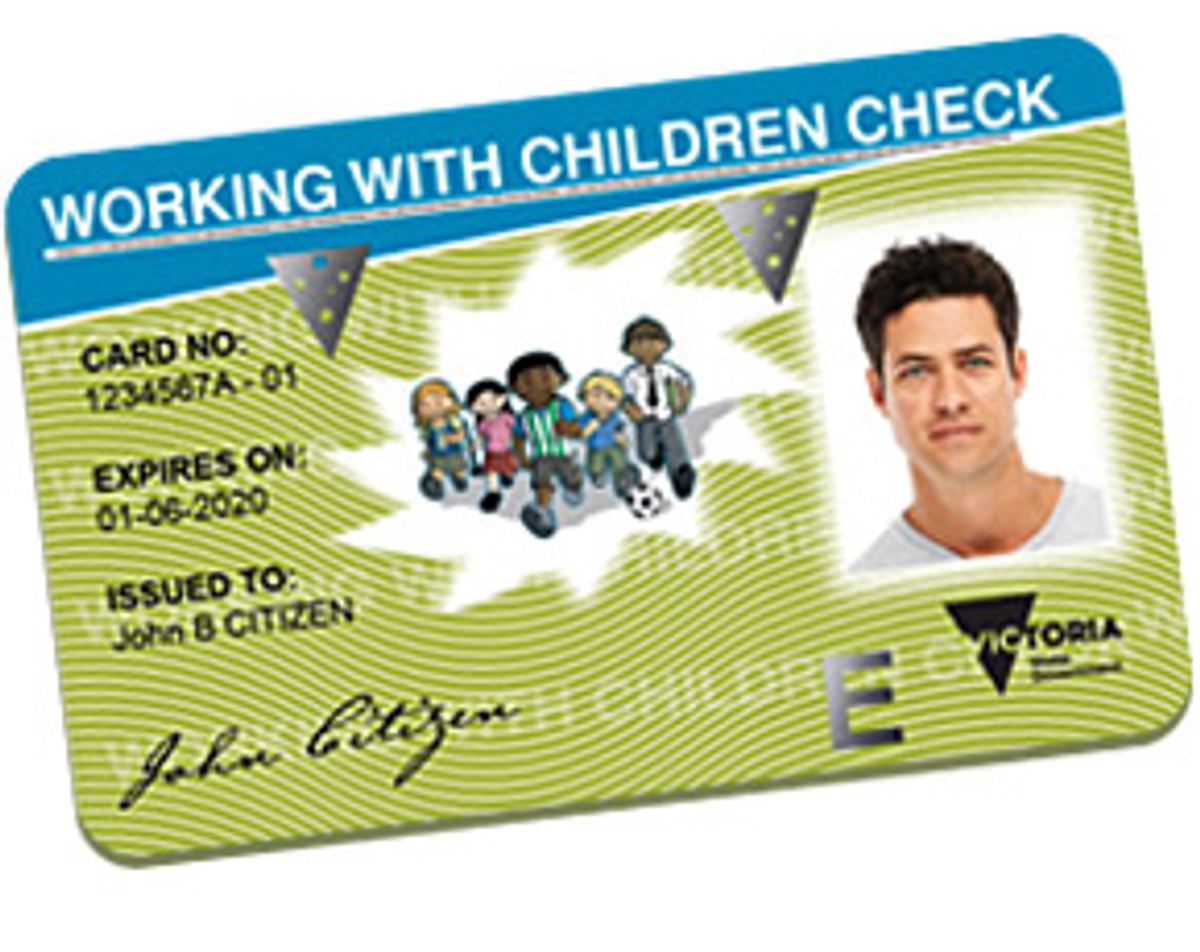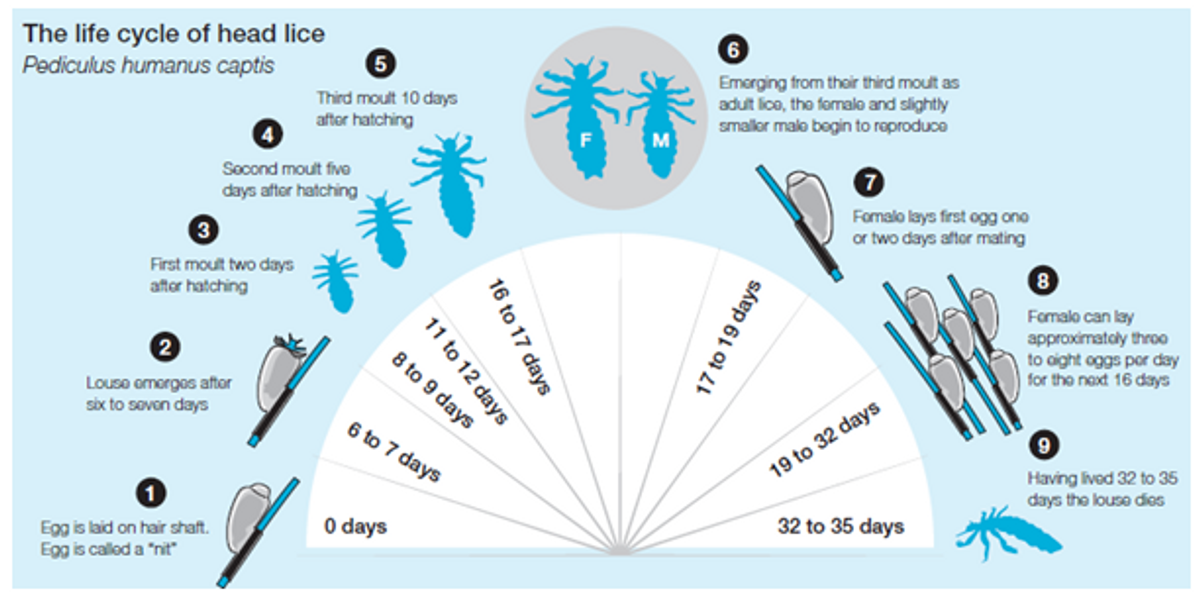Engagement & Wellbeing
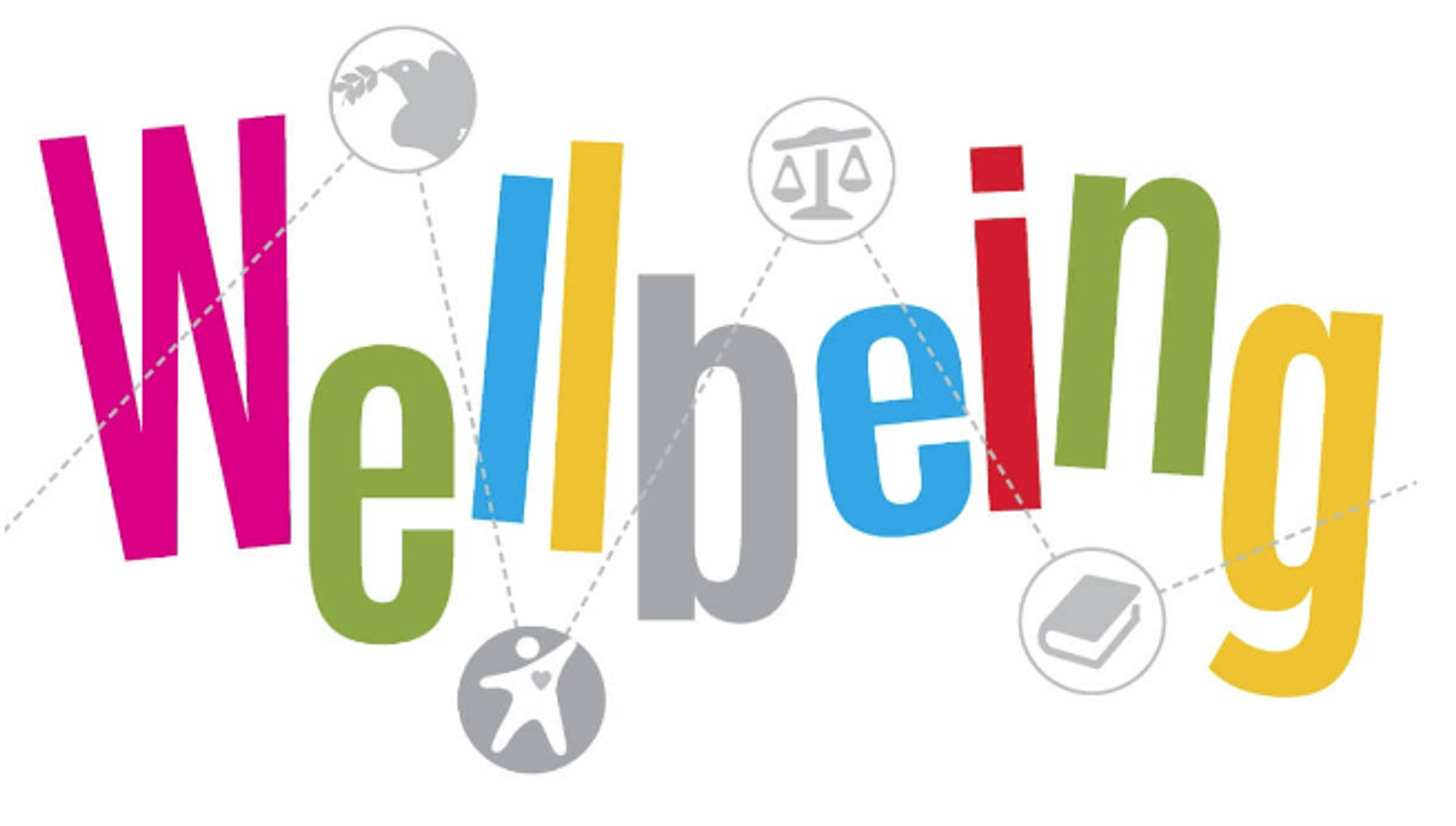
ANAPHYLAXIS AT BUNINYONG PS
Anaphylaxis is a severe allergic reaction that is potentially life threatening. The most common allergens in schools are food and insect allergies. The only way to prevent allergic reactions is to avoid being exposed to the allergen.
We have students at our school with severe allergies to a variety of things, including:
- Nuts (all types)
- Milk & dairy
- Egg (raw & cooked)
- Kiwi fruit
- Grasses
- Pollens
- Dust mites
Our school is supporting students at risk of anaphylaxis in the following ways:
• training staff,
• encouraging students with food allergy to wash their hands before and after eating,
• encouraging students to wash their hands after eating something their
classmate/friend is allergic to,
• teaching students not to share food with friends who have food allergy,
• teaching students the importance of getting help immediately if their friend with
allergy looks sick,
• educating students about allergies and anaphylaxis, and
• teaching students that teasing someone with an allergy is not acceptable behaviour.
Food allergy is now common in school aged children. Children can be allergic to any food, and it is not possible to completely remove all foods from our school. To help manage food allergies, our school is following the National Allergy Strategy Best Practice Guidelines (2021) which do not recommend banning foods as this is difficult to enforce and can bring a false sense of safety.
Families in a class with a student with anaphylaxis will have received a notification from your class teacher around which allergens should be avoided in that classroom, in order to minimise the risk of a serious reaction. We request that parents please consider not sending food with these allergens to school if in that class. We also request that you have conversations at home with your child around the importance of not sharing food and washing their hands thoroughly before and after eating.
If you are wanting to bring in food (birthday cakes/treats), we ask you to please provide advance notice to the teacher, and include a list of ingredients, so that we may check the ingredients carefully. Any compound items that do not have a list of ingredients will not be consumed.
We will continue to work with and educate, at a developmentally appropriate level, our school community to help with the management of food allergy and anaphylaxis.
We ask you to support the school’s risk minimisation strategies outlined so that we can increase safety and provide an environment that meets the needs of all our students.
If you have any questions please contact Narelle Sullivan, our Assistant Principal for Student Wellbeing.
Bunjil Student Awards
Congratulations to the students below who received a5/6 Bunjil Award at last week’s assembly.
Bunjil awards recognise student achievement and those who display our school values of being respectful, responsible and kind.
Well done! All of our weekly winners enjoy a hot chocolate or zooper dooper with a principal.
Reminders - Local Excursion Consent
Please ensure you have checked your Compass (parent) newsfeed and the information around providing consent for local excursions. Please contact the school for further information if required.
Working With Children’s Check (WWCC) Reminder
Parents and carers are reminded that all adults require a current WWCC in order to volunteer in classrooms and attend camps and excursions.
WWCC are valid for 5 years and are free for volunteers to apply for. You can apply, renew and check your existing status by visiting https://www.workingwithchildren.vic.gov.au/ .
We regularly encourage volunteers in classrooms and on excursions. Even if it is not something you have previously considered, it can be useful to have and we encourage you to apply.
Once your card arrives, bring it to the school office where the staff will take a copy and add you to our WWCC register.
Head lice: Treating and Controlling Guide for Parents
While children are at school many families will come into contact with head lice. Whilst almost a normal part of a child’s time at school, they are frustrating and require careful treatment to eradicate.
In this article, we wanted to clarify the school’s approach to dealing with head lice and how parents can support their children to minimize the risk of them spreading further.
Ultimately, the responsibility for detecting and treating head lice rests with parents who can regularly spend close contact time with their child to inspect and detect. Whilst we often get the comment, “They must have caught them from school”, we understand the likelihood of this and have procedures in working with families to eradicate them from various clusters around the school.
We do try to minimise infestations from spreading through regular notices to class groups via Compass once we are notified of a case of headlice.
Should your child get head lice, please let the office staff know as soon as possible so that we can start our procedures.
We also encourage everyone to read the attached guidelines carefully to ensure a thorough treatment process is followed that may dispel some past assumptions. It is also suggested to re-treat your child’s hair 7 days after any initial treatment as this will ensure that any eggs which have hatched and produce further live lice, will be accounted for.
To access the guidelines, please visit: Treating and controlling Head Lice

